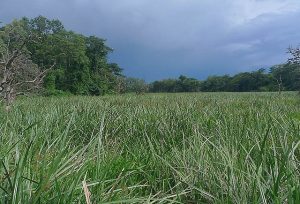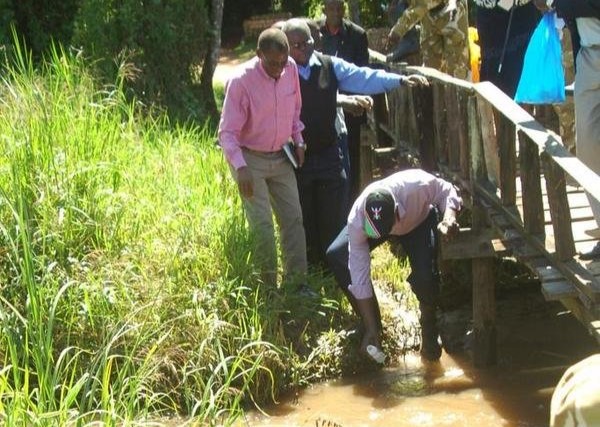A non-governmental organisation has initiated efforts to tackle the detrimental effects of climate change in certain regions of Nyanza.
The Nyanza Gulf Ecosystem Association, a group of scientists from Rongo University, plans to educate the public on mitigation measures for climate change with the hope of exploiting the arising opportunities.
Speaking to community self-help groups in Migori, the organisation’s Chairman, Mr. Jacob Ochoo, announced that his outfit will work in five counties in Nyanza in a bid to promote environmental protection efforts aimed at protecting the region’s biodiversity. The counties to benefit from this multi-million programme include Migori, Homa Bay, Kisii, Kisumu, and Nyamira.

Mr. Ochoo stated that global partners are offering millions of shillings in grants to restore, conserve, and ensure sustainable environmental management, particularly in wetlands.
The threat to biodiversity is severe, involving habitat destruction, human-wildlife conflicts, invasive species, pollution, high population clearing for agriculture, soil erosion, biopiracy, and overexploitation.
Consequently, the Nyanza Gulf Association aims to enhance climate change resilience by enhancing population adaptability and implementing key mitigation measures to protect the environment. The chairman announced that the mapping of destroyed wetlands in five counties is underway, and donors will soon be engaged to initiate rehabilitation programmes worth millions of shillings.
The programme will evaluate the impact of climate change in specific locations, recommend adaptations and mitigation measures, and develop action plans, resource mobilisation plans, and robust monitoring and evaluation plans.
At the end of it, we hope to create wealth through various business opportunities for jobless youth by helping them start fish pond or cage farming, raising fingerlings, building tree nurseries, and producing fish foods, among other income-generating activities from the rehabilitated wetlands.
By George Agimba



